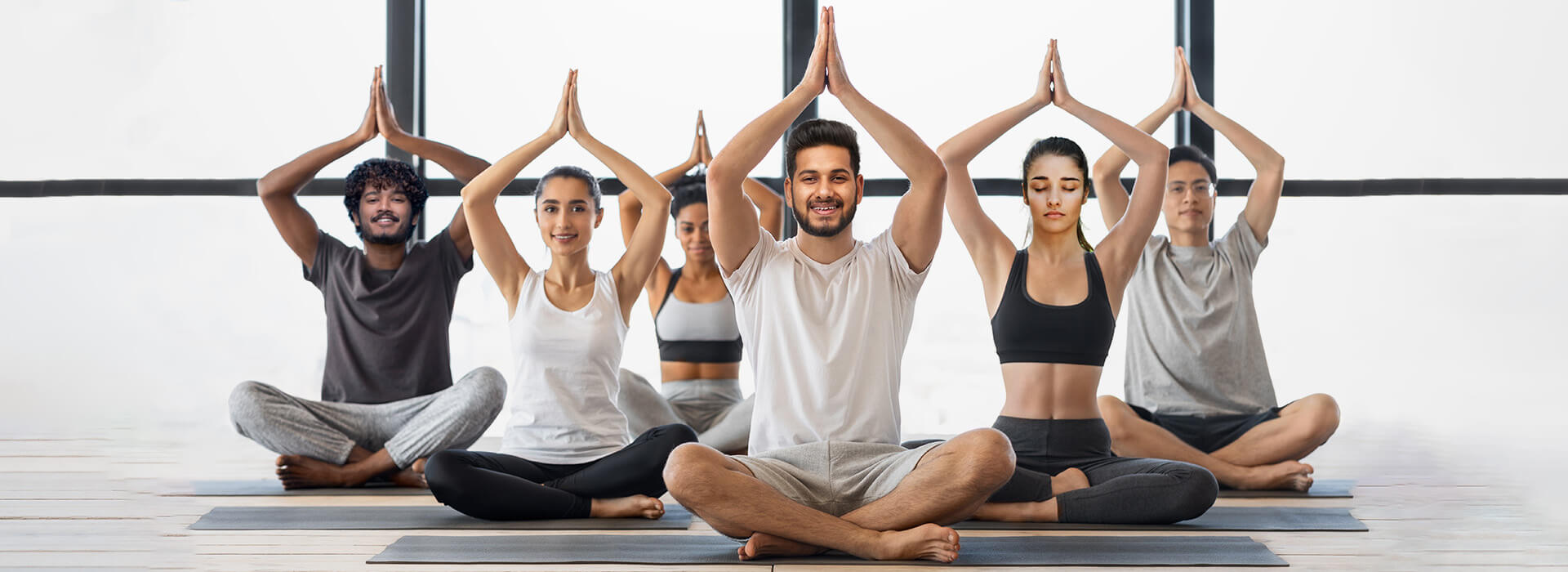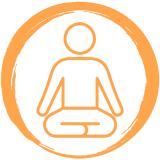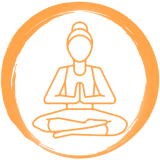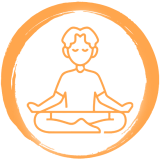9 Steps Of Mukti
Meditation
Meditation is a powerful tool that involves mental and physical techniques to help individuals focus or clear their minds. This ancient practice can be used for various purposes, including relaxation, stress, and anxiety reduction, and improving one’s overall health. By utilising techniques such as deep breathing, visualisation, and mantra repetition, individuals can enter a state of deep relaxation and inner peace. Moreover, some people use meditation to help them overcome unhealthy habits by aiding in their adaptation to the challenges of quitting. Meditation is a versatile and practical practice that can help individuals improve their mental, emotional, and physical well-being.
The concept of meditation has been an integral aspect of various cultures across the globe for thousands of years. Despite its longstanding history, it has only been in the last few decades that modern science has dedicated significant attention to studying this ancient practice. Thanks to cutting-edge technology, science has made notable strides in comprehending the intricacies of meditation.
Although meditation may appear to be a simple practice of breathing or repeating a sound or phrase, its profound impact on the brain is anything but simple. With the use of modern diagnostic and imaging techniques such as electroencephalography (EEG) and functional magnetic resonance imaging (FMRI) scans, it has been revealed that meditation can have a significant positive impact on an individual’s brain and overall mental health. These findings provide an important glimpse into the powerful benefits that meditation can offer those seeking to improve their physical and psychological well-being.

Guided Meditation
Guided meditation refers to the practice of meditating with the help of an experienced teacher or practitioner. This involves a narration of the meditation process, which can be in the form of either audio, video, or text. The guidance can be received in person or remotely.
Anyone can easily access guided meditation without any prior experience. All you need to do is listen or read. This makes it an ideal starting point for beginners and anyone seeking a deeper understanding of meditation. Guided meditations are typically well-structured and follow a simple step-by-step format. Typically, your teacher will briefly explain how the mind works before guiding you through the specific meditation technique. After that, you’ll receive suggestions on incorporating the practice into your daily routine.
Guided meditation comes in many styles, drawing from different cultures, religions, and spiritual traditions. Each style has a specific theme or focus, such as mindfulness, loving-kindness, or peace, and often uses different techniques like body scans, breath awareness, and progressive relaxation. Most styles also use an object of focus, such as breath, mantras, chakras, visualisations, or physical objects, to train the mind. The goal is to recognise when the mind has wandered and return to the object of focus, creating a more focused and peaceful state of mind. Some styles also include insight meditation to reflect on and develop specific qualities.

Our meditation techniques have been carefully designed to cater to your unique level of knowledge and experience. We understand that each individual has different needs. Our techniques encompass Beginner, Intermediate, Advanced, and even Teenager meditation processes to cover every aspect of the process comprehensively. Whether you’re just starting or a seasoned practitioner, we support you in your meditation journey.
Guided Meditation

Beginner
Beginner’s meditation focuses on training the mind to be more aware of our thoughts.

Intermediate
Intermediate meditation prepares one for the advanced level by developing self-identity.

Advanced
Advanced meditation practice is to progress towards the ultimate goal of experiencing ‘Samadhi’.

Teenager
Teenager meditation fosters concentration by becoming aware of undesired stimulations


